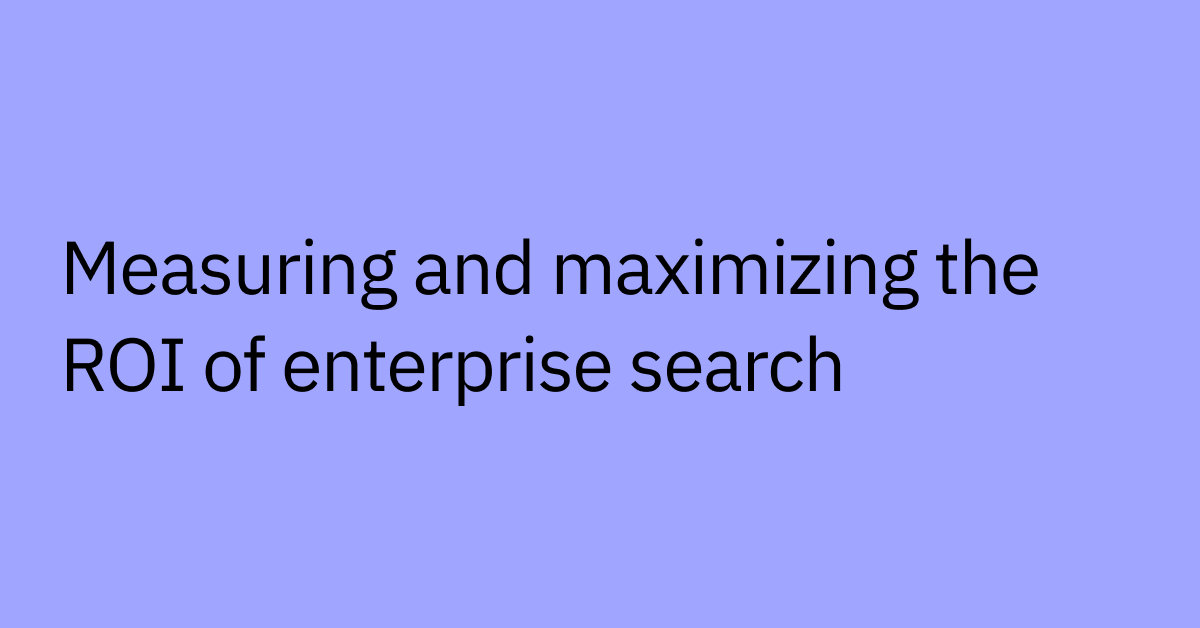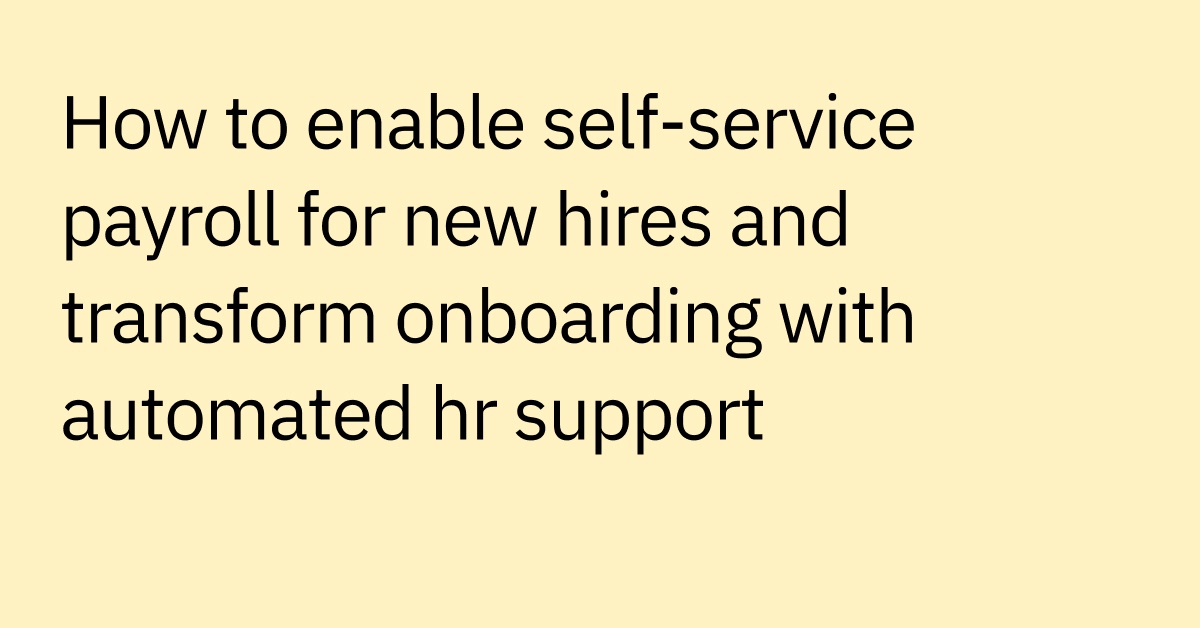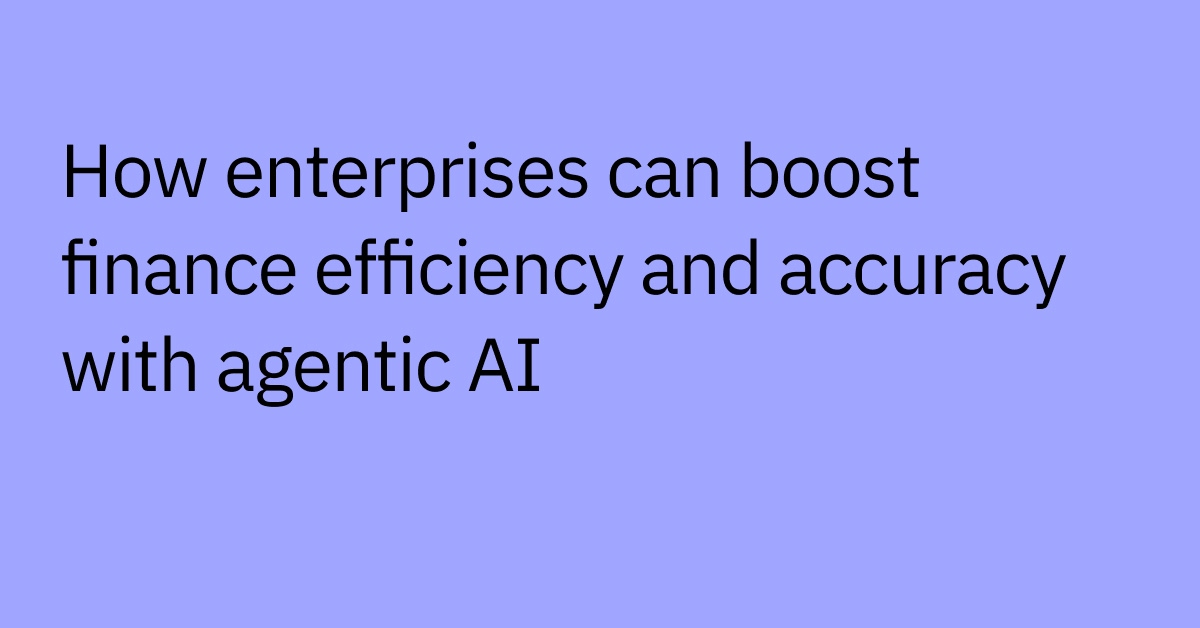Table of contents
If you’re constantly fielding the same questions about benefits, PTO, or policies — you’re not alone.
Like many HR teams, you probably spend more time answering repetitive questions than driving the strategic initiatives that actually move the business forward.
And as your organization scales, so does the complexity. Remote and hybrid employees need instant, consistent access to HR support across time zones and languages.
But chances are, your team is juggling a patchwork of disconnected systems that don't play well together. That creates friction — for you and your employees.
Here’s where the gap between expectation and reality becomes clear.
Your employees expect the same seamless support they get as consumers — like streaming a show or ordering food online. But if your HR tools are clunky and siloed, those expectations fall flat.
That’s why more teams are turning to AI assistants. These aren’t the basic chatbots of yesterday.
Today's sophisticated HR AI assistants help employees quickly self-serve across complex workflows — updating personal information, checking time-off balances, and enrolling in benefits — without switching apps or submitting a ticket.
Instead of spending your day responding to the same questions over and over again, you can refocus your time to high-impact work. And the ROI is real: companies can save up to 40% on HR costs by using automation and generative AI.
While your team is busy handling routine inquiries, strategic initiatives like employee development programs and culture-building efforts take a backseat. HR AI assistants change this by handling common employee questions instantly, freeing your team to focus on higher-value work that drives organizational success.
What is an HR chatbot?
An HR chatbot is a conversational interface that gives your employees 24/7 support for common HR tasks and questions. But today’s tools have evolved far beyond basic Q&A bots — which is why many teams now refer to them as HR AI assistants.
Unlike traditional HR portals or ticketing systems, AI assistants use natural language processing (NLP) to understand what your employees are asking, interpret intent, and take real action. They can surface personalized information, automate transactions, and guide employees through HR processes — all in real time.
For example, someone might ask:
“What’s our parental leave policy in California?”
“How do I update my banking details?”
“When does open enrollment start?”
Instead of searching through systems or submitting a ticket — these answers are pulled directly from your HRIS, knowledge base, or internal documentation.
The term HR "AI assistant" better reflects what these tools can do: surface answers, automate employee support, and boost productivity. They reduce manual busywork, improve accessibility, and free up your team to focus on high-impact initiatives.
Think of them as virtual HR team members that your employees are able to access anytime (and anywhere). They make it easy to find answers, address HR requests, and move forward without friction.
Compared to traditional self-service HR portals, AI assistants offer a more intuitive experience using conversational AI.
Your employees don't have to dig through menus or FAQ — they simply ask their question using everyday language, just as they would with a human HR professional.
With machine learning and NLP, these assistants not only understand complex queries, but can also ask follow-up questions, deliver personalized recommendations, and improve over time.
What tasks can your HR AI assistant handle?
Your assistant can support a wide range of employee needs across the HR lifecycle, including:
- New hire onboarding
HR AI assistants help onboard new employees by answering questions about benefits, company policies, dress code, and required training. They can also send timely reminders about paperwork and deadlines.
- Policy and handbook access
Employees can ask the AI assistant questions like, "What is the vacation policy?" or "When are pay days?" to get quick access to HR and company information – grounded in the information specific to their location and role.
- Benefits support
HR AI assistants field benefits-related inquiries about health insurance, retirement plans, and leave policies. This provides employees with 24/7 help when they need it most.
- Routine HR transactions
Agentic AI assistants don't just answer questions, but can also help your employees to self-serve. They automously complete many HR tasks like reporting sick days, PTO, and updating personal information.
- Smart contact routing
When an AI assistant cannot answer a question itself, it can route it to the right HR representative for follow-up.
The end result is an intelligent, virtual HR assistant that scales with your team and gives your employees the fast, automated personalized support they expect — while you stay focused on more strategic initiatives.
Benefits of investing in HR chatbot
As hybrid and remote work become the norm, the pressure on HR teams to deliver fast, accessible, and consistent support keeps growing. That’s where an AI-powered HR assistant can make a real difference.
Here’s what you can gain when you put one to work:
- 24/7 support, anywhere
HR AI assistants provide employees with instant access to HR support, no matter where they are or when they need help. This can lead to greater employee satisfaction as common questions and needs are addressed quickly and easily through conversational interactions.
- Increased HR efficiency
AI assistants automate repetitive, manual, time-consuming HR tasks like answering common FAQs, providing policy information, and collecting employee documents. This saves HR staff significant time so they can focus on more strategic initiatives like talent development and employee engagement.
- Consistent information sharing
AI assistants provide the exact same answers to common questions every time. This eliminates inconsistency and ensures that employees always receive accurate, current information based on the latest policies and procedures.
- Expanded HR access
HR AI assistants are accessible anytime, anywhere globally through messaging apps, web portals, and mobile devices. This provides HR services to all employees, including remote and frontline workers who may have limited access to traditional HR support.
- Valuable HR insights
The conversations an HR AI assistant has with employees can produce useful data that reveals opportunities to improve processes, update policies, and enhance programs. This data-driven approach helps HR teams make informed decisions about where to focus their next efforts.
- Lower cost, faster ROI
AI assistants often require less investment compared to developing complex HR portals. The automation also reduces the volume of employee requests that need to be handled by HR representatives, leading to operational cost reductions as well as quicker ROI realization.
HR chatbot use cases across the employee lifecycle
HR AI assistants are versatile tools that provide value across the entire employee journey — from pre-hire to off-boarding. Here's how these intelligent systems support different stages of the employee lifecycle:
Recruiting and talent management
Streamline the candidate experience and initial screening:
- Answer common candidate questions about company culture, benefits, and role expectations
- Provide application status updates and next steps in the hiring process
- Schedule initial screening calls and coordinate interview logistics (when integrated with your ATS and calendar systems)
- Share onboarding processes and required documentation for new hires
HR AI assistants help create a positive first impression for potential employees while reducing administrative burden on recruiting teams.
Onboarding
Guide new hires through their first days and weeks:
- Send training reminders and materials based on their role and department
- Answer questions about benefits enrollment, company policies, dress code, and workplace norms
- Guide new hires through all required employee onboarding tasks and documentation
- Connect new employees with their managers, buddies, or relevant team members
- Share location-specific details like office maps, remote access tools, or parking information
By delivering fast, accurate self-service during onboarding, HR AI assistants help new employees feel supported and informed from day one — even if they are remote.
Policies and benefits inquiries
Provide instant access to HR information and personalized guidance to common questions like:
- "When's open enrollment and what plans are available to me?"
- "How do I add my spouse to my health insurance?"
- "What's our bereavement leave policy?"
- "Who is our dental provider and how do I find a dentist?"
- "How do I change my 401k contribution amount?"
HR AI assistants can reduce ticket volume by pulling answers directly from HRIS systems and knowledge bases, personalizing responses based on factors like location, role, or employment type.
Employee engagement and development
Proactively support ongoing employee needs:
- Send timely reminders about open enrollment periods, policy changes, and important deadlines
- Distribute company news, events, and culture updates in a personalized way
- Remind employees to complete performance reviews, training modules, and surveys
- Facilitate easy scheduling of meetings, conference rooms, and shared resources
- Track HR support requests to identify gaps needing additional content
- Analyze data to surface employee trends and sentiment
These proactive communications and nudges can help improve participation rates while reducing the administrative burden on HR teams.
HR knowledge management
Surface relevant information based on employee intent:
- Provide fast answers to employee questions about policies, PTO accruals, compensation, and procedures
- Enable easy access to HR databases, FAQs, documents, and training materials
- Support common HR transactions like reporting sick days, booking leave, and submitting expenses
- Guide employees through tasks using step-by-step conversational workflows
HR AI assistants use sophisticated AI to understanding employee intent rather than just matching keywords, making information discovery more intuitive and effective.
Offboarding support
Streamline the departure process for both employees and HR:
- Automate access removal and equipment return reminders based on departure dates
- Provide benefits continuation instructions (COBRA, retirement account options)
- Share information about final paychecks, unused PTO policies, and expense reimbursements
- Coordinate exit interviews and knowledge transfer sessions
- Send departure announcements and transition plans to relevant team members
- Log escalations and follow-ups directly in your case management platform (e.g., Workday, ServiceNow)
HR AI assistants are able to help with smooth off-boardings while maintaining positive relationships with departing employees.
Real-world HR chatbot examples from enterprise companies
HR AI assistants are already delivering positive impact at leading companies worldwide. Here are a few examples of how forward-thinking organizations are leveraging this technology to optimize HR operations:
Consumer Energy
Consumer Energy uses their AI assistant, CEVA, to provide support across Microsoft Teams. Instead of navigating multiple portals, employees engage directly within their primary communication platform to get answers for HR and IT questions in seconds.
CEVA also gives the team visibility into the support ecosystem. In just one year, agents wrote over 2,000 new knowledge articles. CEVA automatically converts these resources into self-service solutions, letting employees access what they need independently.
Now, CEVA provides over 1,000 IT and HR answers per month, dramatically reducing support workload while improving employee experience.
Johnson Controls
Johnson Controls launched Omni as an integral part of their optimized HR operating model. Now 100,000 employees worldwide access Omni for their HR-related requests, creating a single point of entry for support across the organization.
This approach allowed Johnson Controls to shift HR business partners away from operational tasks and toward more strategic, consulting-focused work that better supports business transformation.
As a result, Omni was able to reduce HR call volume by 30-40%. This created capacity for HR operations while allowing business partners to build competencies needed to support accelerated business transformation and change management initiatives.
loanDepot
loanDepot uses their AI assistant, ElleDee, to support both onboarding and ongoing employee communications. New hires receive immediate support during their first week, with 90% noting how helpful the assistant was during orientation. ElleDee provides instant onboarding support and achieves dramatically higher engagement rates compared to traditional email communications.
Challenges in implementing HR AI assistants
While HR AI assistants offer significant potential, adopting this technology does come with implementation challenges that organizations should understand and plan for:
Data privacy and security
Since HR AI assistants handle sensitive employee data like health information, compensation, and performance records, data privacy and security can be a major implementation concern. Organizations looking to deploy HR AI assistants should consider taking these steps:
- Conduct thorough due diligence into vendors' data security protocols, ensuring encryption, access controls, and cybersecurity protections meet industry standards
- Evaluate which employee data will be shared with the AI assistant and its backend systems, providing only essential data access required for the system's role
- Implement strong access controls defining which HR staff are able to view or export employee data collected by the AI assistant
- Establish rigorous data governance procedures for managing and safeguarding HR data within the AI system
- Clearly communicate to employees what data will be collected and how it will be used to maintain transparency and trust
Change management
Adopting an HR AI assistant involves shifting away from traditional HR service delivery models. Employees may be unfamiliar with conversational interfaces for HR needs, and HR staff initially may be hesitant to hand over routine tasks to an AI system.
Careful change management helps ease this transition and adoption:
- Roll out the AI assistant incrementally, starting with non-critical HR questions to build confidence, then slowly expanding capabilities over time
- Provide training to employees and HR staff on how to best leverage the AI assistant and integrate it into existing workflows
- Measure AI assistant adoption metrics and gather feedback to continually refine the user experience
- Communicate the AI assistant's benefits clearly, such as freeing up HR for more strategic work that directly impacts employee development
Cross-department collaboration
Regardless of what decision HR teams make about AI assistants, they will still require collaboration with IT teams to deploy successfully. HR will have a smoother implementation experience when actively working with IT throughout the process.
This collaboration includes:
- Aligning on data integration requirements and security protocols
- Coordinating with existing IT infrastructure and communication platforms
- Establishing monitoring and maintenance procedures
- Planning for ongoing technical support and system updates
Transform HR case management with an AI assistant built for scale
Traditional HR portals and manual processes were built for consistency, but today's employees expect fast, accurate answers from wherever they work. That means HR teams need support that scales without sacrificing the employee experience.
Moveworks helps HR teams deliver on those expectations by automating and streamlining HR processes. The platform can address common questions — PTO requests, benefits enrollment, and policy searches — through natural language in tools your team already uses (Slack, Teams, and email). This reduces the need for HR staff to handle every repetitive request.
Moveworks helps you:
- Serve every employee, everywhere: Moveworks supports global teams with multilingual, 24/7 assistance, ensuring access for remote, hybrid, and frontline workers.
- Integrate with your HR systems: The platform can be integrated into HR systems for enhanced functionality, allowing employees to easily handle everyday tasks without switching between multiple systems.
- Automate repetitive requests: By resolving high-volume issues without cases, Moveworks helps reduce HR workload and speeds up response times across the board.
- Keep HR focused on strategy: By offloading repetitive tasks to AI, HR teams can focus on higher-impact work.
See how an AI assistant transforms HR operations by checking out our AI for HR solutions and learn how leading organizations are scaling their HR support while improving the employee experience.



